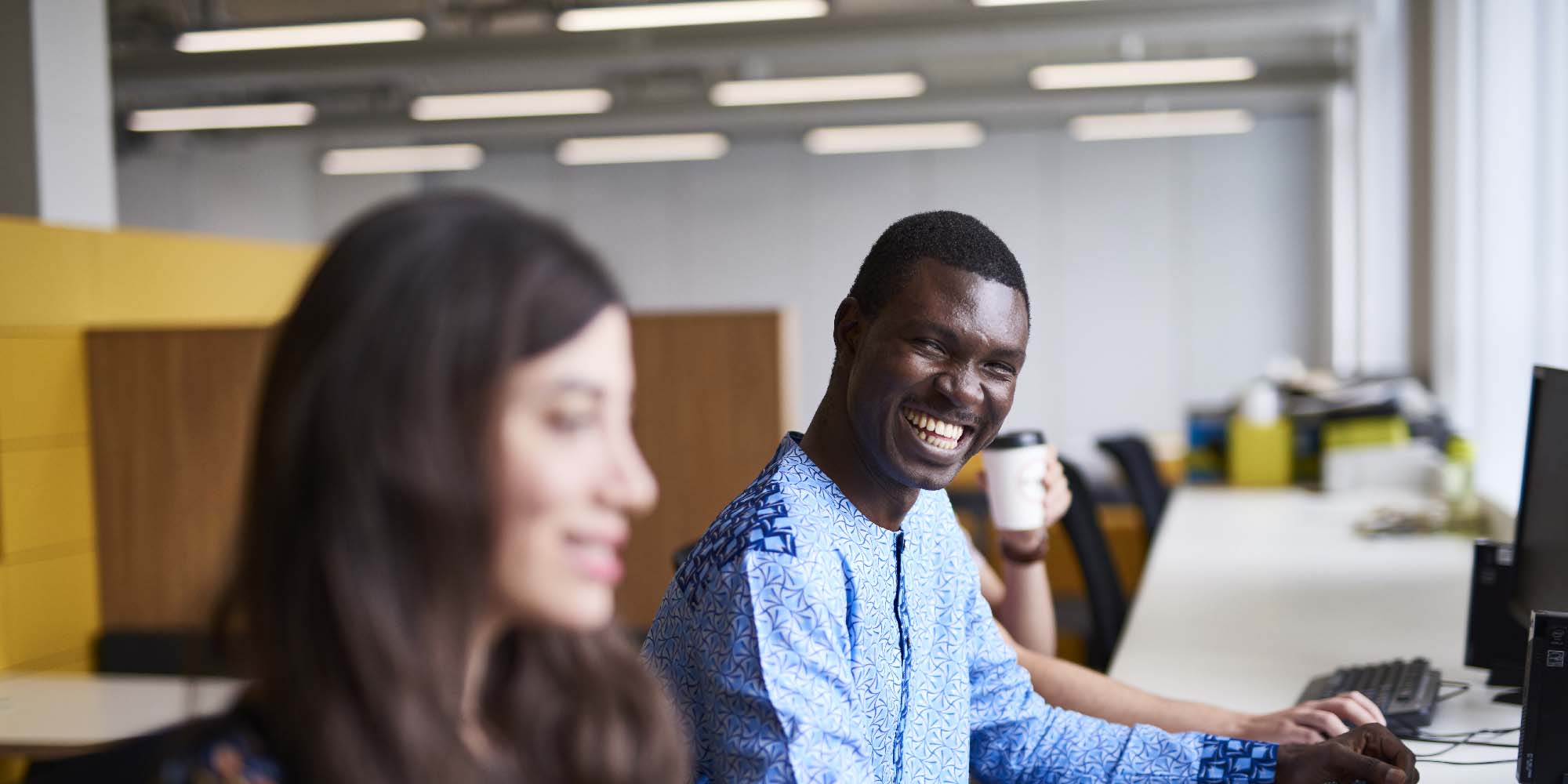Postgraduate research opportunities Bridging economic and environmental goals: a general equilibrium approach to circular economy
ApplyKey facts
- Opens: Friday 21 March 2025
- Deadline: Wednesday 30 April 2025
- Number of places: 1
- Duration: 36 months
- Funding: Home fee, International fee, Stipend
Overview
This project is conducted in collaboration between the University of Strathclyde, and Comillas, Pontifical University, Madrid. It develops a general equilibrium framework that overcomes the limitations of current economic models in dealing with the circular economy (CE). The model can be applied by developing a hybrid dataset combining monetary and physical input-output accounts. This allows to examine the impact of government interventions on CE adoption and innovation.Eligibility
You are required to have:
- a strong performance at masters level where Economics is the primary focus, with the expected completion date of the masters degree no later than September 2025, along with at least 2.1 performance, or the equivalent, in a relevant undergraduate degree
- an interest in applied economics analysis, environmental economics, including programming skills
- a demonstrable aptitude to undertake research and develop into an independent researcher
- experience in coding applied to the solution of economic models is highly desirable
- other relevant experience or skills will also be considered so please highlight these in your application
Eligibility criteria will be tested both through CV screening and interview. The interview will include the completion of a practical task linked to the project.
If English isn't your first language, you'll need an IELTS score of 6.5 or equivalent with no individual element below 5.5.

Project Details
This project aims to develop an economic framework to capture the circular economy (CE) both theoretically and empirically. It involves collaboration between ICADE and Strathclyde SBS, led by Drs Figus, Connolly, and Lecca. The circular economy is increasingly recognized as a key strategy for achieving sustainable economic growth while reducing environmental degradation. By promoting the efficient use of resources through recycling, reuse, and remanufacturing, CE aims to minimize waste and extend the life cycle of materials, thereby reducing dependence on finite natural resources.
Traditional economic frameworks are not fully equipped to deal with CE effectively. They often fail to incorporate material flows explicitly, limiting their ability to assess the impact of CE policies. These models do not appropriately differentiate between primary and secondary stages of production and are constrained by the lack of appropriate combined data.
Objectives
- develop a hybrid dataset that encompasses input-output accounts expressed in monetary terms and materials accounts expressed in physical terms. Reconciling data from different sources, countries, and industries is a crucial challenge
- create an economic modelling framework that captures the distinction between primary and secondary production processes and incorporates different production technologies. For example, in steel production, Electric Arc Furnaces primarily use recycled scrap, while Basic Oxygen Furnaces rely on iron ore
- examine the impact of government intervention on CE adoption and innovation. Government subsidies play a crucial role in fostering CE adoption, but excessive reliance on subsidies can diminish incentives for firms to innovate towards less resource-intensive production processes
Further information
The start date for this project is 1 October 2025 and will be conducted in collaboration with Dr Patrizio Lecca, Comillas Pontifical University, Madrid.
Funding details
Fully-funded scholarship for 3 years covers all university tuition fees (at home ratel) and an annual tax-free stipend. International students are also eligible to apply, but they will need to find other funding sources to cover the difference between the home and international tuition fees. Exceptional international candidates may be provided funding for this difference.
Home Students
To be eligible for a fully funded UK home studentship you must:
- Be a UK national or UK/EU dual national or non-UK national with settled status / pre-settled status / indefinite leave to remain / indefinite leave to enter / discretionary leave / EU migrant worker in the UK or non-UK national with a claim for asylum or the family member of such a person, and
- Have ordinary residence in the UK, Channel Islands, Isle of Man or British Overseas Territory, at the Point of Application, and
- Have three years residency in the UK, Channel Islands, Isle of Man, British Overseas Territory or EEA before the relevant date of application unless residency outside of the UK/ EEA has been of a temporary nature only and of a period less than six years
While there is no funding in place for opportunities marked "unfunded", there are lots of different options to help you fund postgraduate research. Visit funding your postgraduate research for links to government grants, research councils funding and more, that could be available.
Supervisors

Additional supervisor: Dr Patrizio Lecca, ICADE, Comillas Pontifical University, Madrid
Apply
Your application must include:
- a cover letter motivating your interest in undertaking this project
- an updated curriculum vitae
- details of two academic referees, including email addresses
- degree certificate(s) and academic transcript(s), which must be certified copies
Number of places: 1
There will be a shortlisting and interview process. The interview will involve a practical task.
To read how we process personal data, applicants can review our 'Privacy Notice for Student Applicants and Potential Applicants' on our Privacy notices' web page.
Economics
Programme: Economics

